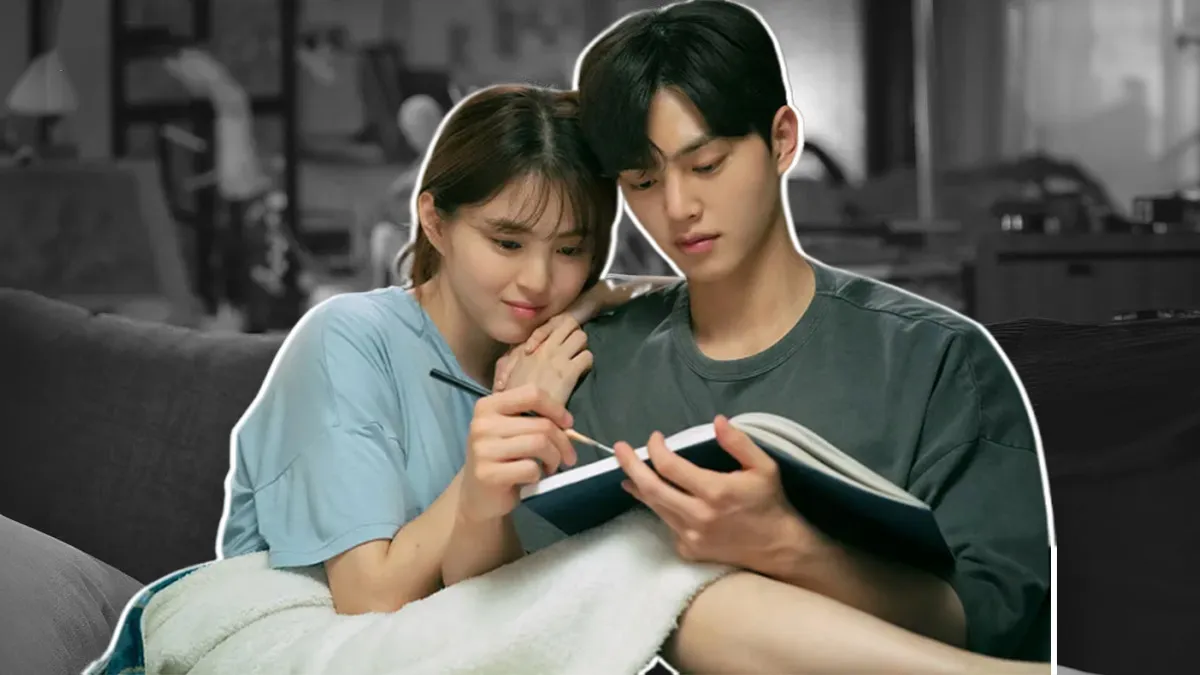
Red Flags In K-Drama Boyfriend: K-dramas often impress us with charming leads, dreamy romances, and picture-perfect moments. But let’s be honest, some of those beloved K-drama boyfriends also come with a fair share of red flags. From over-the-top jealousy to controlling behaviour masked as ‘Love’, these toxic traits might look romantic on screen but can be unhealthy in real life:
While ‘Protective’ behaviour is often romanticised, it can quickly tip into obsession. In ‘The Heirs’, Kim Tan frequently invades Cha Eun-sang’s personal life, dropping by unannounced, dictating how she should behave, or who she should meet.
What’s aired as caring often masks deep control. Also in K-drama ‘True Beauty’, we can see both the male leads sometimes getting over jealous.
Some male leads use charm to keep heroines emotionally tangled. In ‘Nevertheless’, Park Jae-eon’s flirtatious behaviour, mixed signals, and unwillingness to commit hook Yoo Na-bi in an unhealthy loop, despite his lack of honesty.
He is avoiding real commitment, trapping Yoo Na-bi in uncertainty rather than a relationship. Fans called out his behaviour as “sweet talk” that masked manipulation.
When love is treated as a challenge, a bet, or a playful game in K-dramas, it might feel exciting on screen. But in real life, such behaviour can deeply hurt trust and emotions, making relationships unstable. In ‘Tempted’, Kwon Shi-hyun seduces Eun Tae-hee as part of a bet, only later discovering genuine affection and real feelings.
Deception as the starting point undermines trust. A relationship built on deceit is toxic, regardless of eventual emotional payoff.
Don't Miss: 8 Indian Cult Classics Movies That Actually Flopped Upon Release
Sometimes a little harsh behaviour is often portrayed as compelling heat. ‘Boys Over Flowers’ sees Gu Jun-pyo bully Geum Jan-di, using aggression and emotional volatility to soften her up, framed as character development rather than control.
But overall the drama is a must watch for any K-drama fan.
Sometimes K-drama boyfriends are shown making all the decisions, leaving little space for the heroine’s voice. This creates a clear power imbalance where one partner dominates the relationship. Often, control is disguised as ‘Protection’ or ‘Care’, making it look sweet on screen.
But in reality, such behaviour can slowly take away a partner’s independence. True love should be about respect and equality, not control.
While K-dramas make these intense romances look dreamy, some traits can be toxic if carried into real life. A healthy relationship thrives on mutual respect, trust, and balance, not control or obsession.
For more such stories, stay tuned to HerZindagi.
Credit: IMDb
Our aim is to provide accurate, safe and expert verified information through our articles and social media handles. The remedies, advice and tips mentioned here are for general information only. Please consult your expert before trying any kind of health, beauty, life hacks or astrology related tips. For any feedback or complaint, contact us at compliant_gro@jagrannewmedia.com.